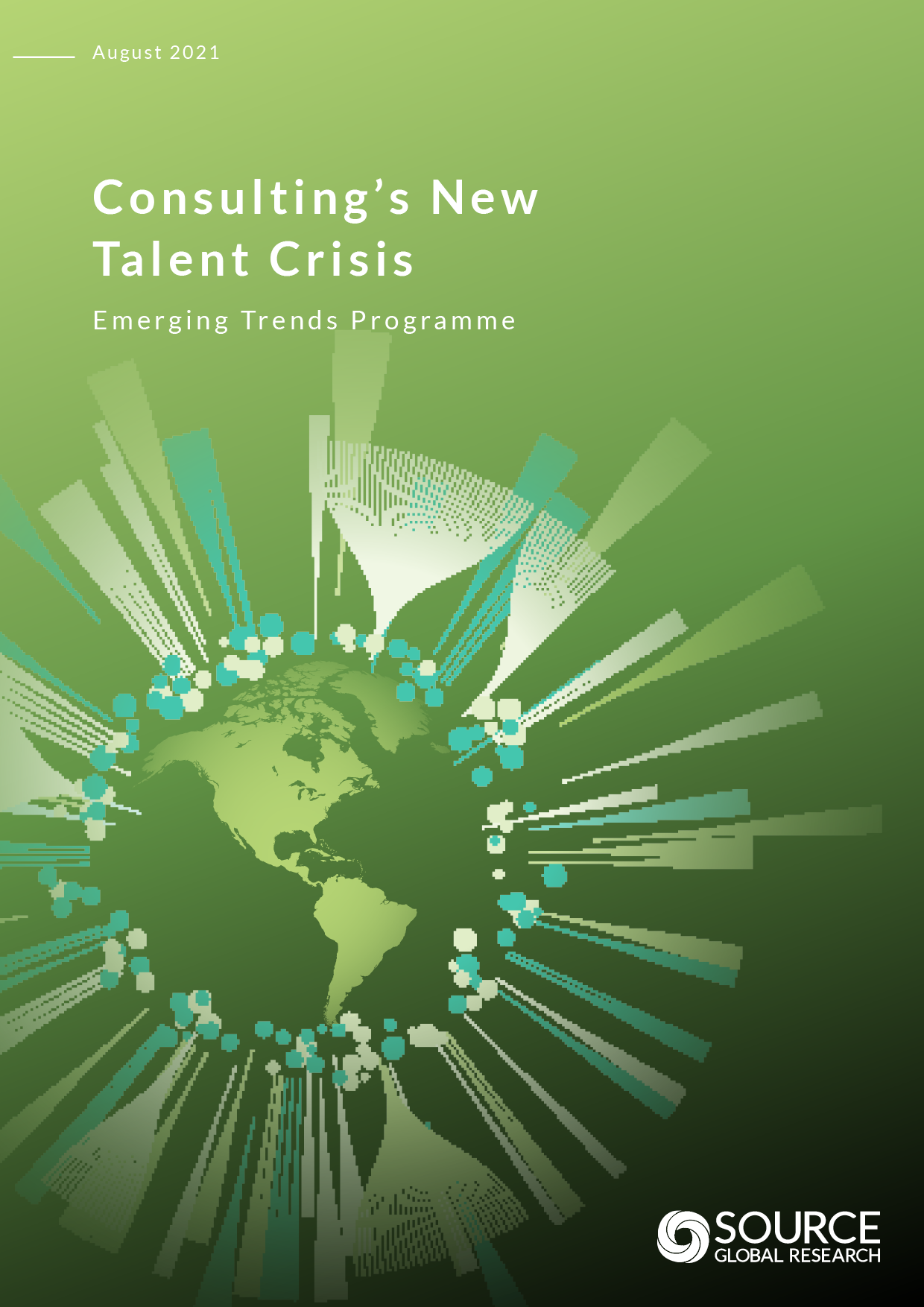The pandemic has, across the world, had a profound impact on people’s needs and wants; time in lockdown has allowed us all to reflect on what really matters to us. So, it’s no surprise that it’s led so many young consultants reconsidering their career priorities. Our data suggests that, globally, 31% of early-career consultants have become more likely to leave the sector as a direct result of the pandemic. The data above provides additional information on why, precisely, it’s had this effect.
Broadly speaking, it seems fair to say that the pandemic has exacerbated the worst parts of the consulting experience while simultaneously weakening its more positive elements. In particular, it’s led to an erosion of the boundaries between people’s personal and professional lives. This isn’t an issue that’s unique to consulting, of course; one recent study in the UK found that white collar workers were now working 25% longer weeks due to the pandemic. But it’s a particularly acute problem in an industry that already had a poor reputation when it came to work-life balance issues.
Moreover, part of the appeal of the sector, historically, was the way in which it presented consultants with the opportunity to work hand-in-hand with their firm’s senior managers and partners, and to interact with high-level client-side stakeholders—in the process, developing valuable skills from day one of their careers. The added layer of distance introduced by the pandemic has obviated much of that. This issue of how to meet consultants’ development needs in a virtual environment remains one that talent managers are still trying to solve.
